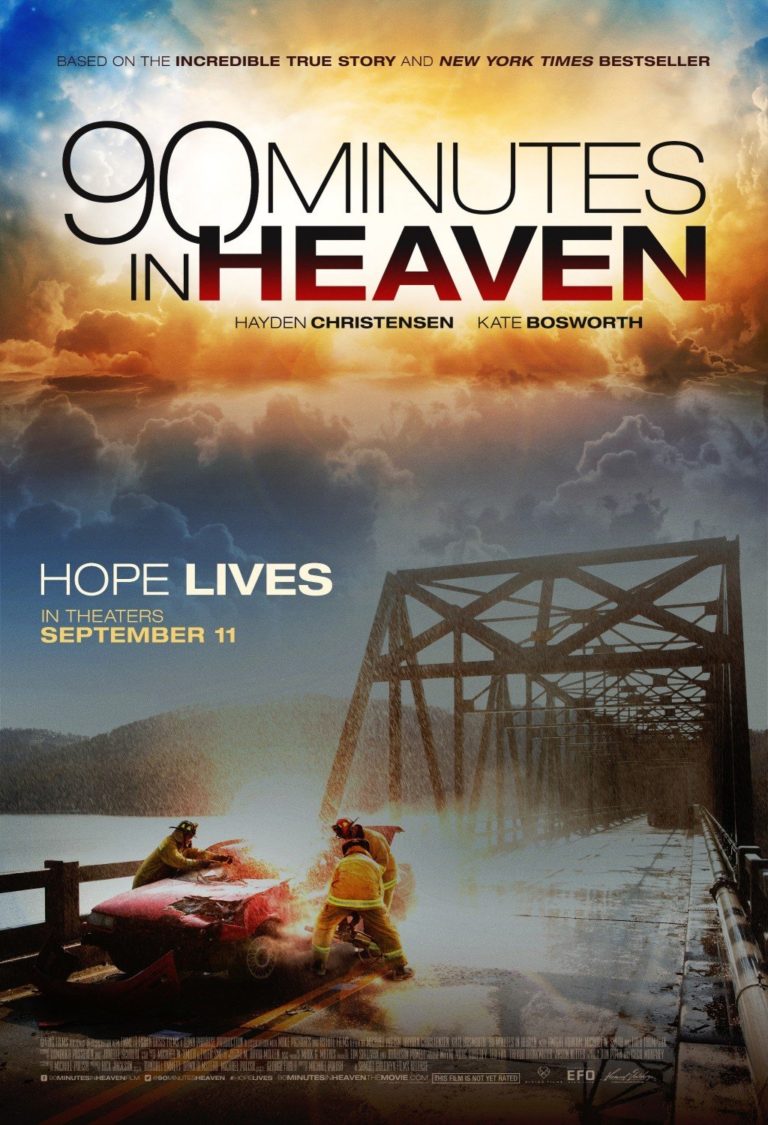“Socialist Theater Workers, Unite!”

| None | Light | Moderate | Heavy | |
|---|---|---|---|---|
| Language | ||||
| Violence | ||||
| Sex | ||||
| Nudity |
What You Need To Know:
PARIS 36 tries to be heartwarming, but it doesn’t really get going until the second half. Also, the movie’s humanist socialist worldview is not inspiring or morally uplifting, because it is not grounded in God and His transcendent moral order. In addition, the Communist union leader is a hero. Ultimately, Communism, socialism and humanism are morally empty because they have no transcendent, eternal foundation to support their principles.
Content:
(HHH, B, SoSoSo, CoCo, AB, LL, S, NN, AA, D, M) Very strong humanist, anti-fascist worldview set during the political turmoil of 1930s France in the Great depression, but not overtly in-your-face anti-religious humanism, with very strong socialist elements that include a positive character who is a Communist and an unemployed father trying to re-connect with his son who has been taken away by the man’s re-married, unfaithful wife, plus man tells anti-Semitic jokes but anti-Semitism eventually rebuked; 11 obscenities; man beaten to death and man shot; implied adultery and implied fornication; upper female nudity in risqué restaurant and upper male nudity in one scene; alcohol use and drunkenness; smoking; and, lying, stealing, workers strike, and unemployed father loses his rights to even see his son.


 - Content:
- Content: 

